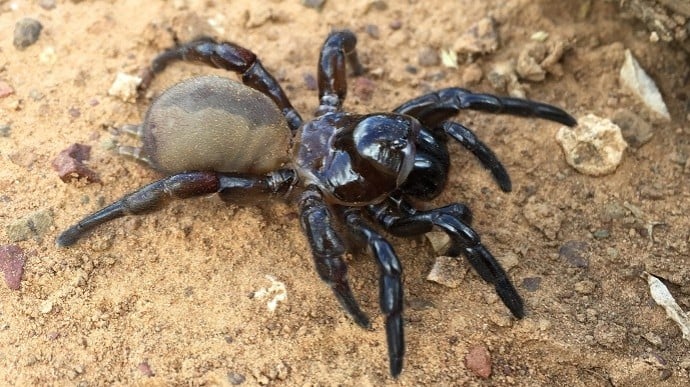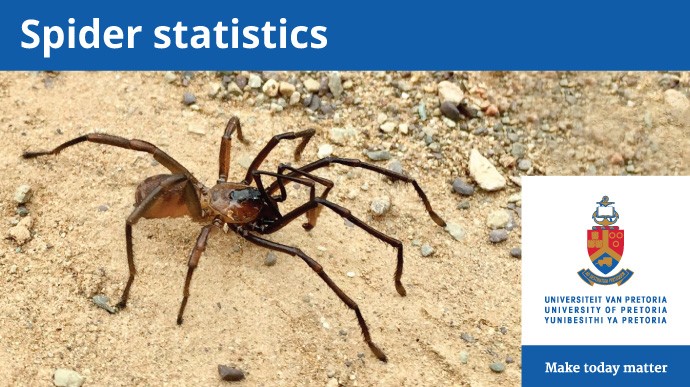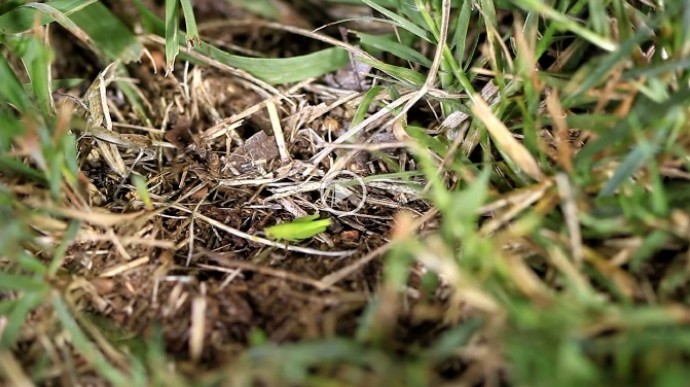Have you ever thought what would happen if honey bees disappeared? A world without honey bees and their pollination services also means a world without many of our food sources. Think: fruits, vegetables, nuts and seeds – staples for most of us! There is even a reported 300% increase in demand for pollination services because of span-scale agriculture.
The threat is very real. Honey bee populations have been plummeting as the natural world suffers mounting ecological damage and environmental threats. Now, more than ever, a deeper understanding of the behaviour and chemistry of living organisms, such as honey bees, has become essential.
According to Dr Abdullahi Yusuf, Research Fellow at the University of Pretoria's Department of Zoology and Entomology, the solution lies in understanding honey bees’ ecology and providing solid information that will help to inform decisions and policies to protect these insects nationally, on the continent and beyond.
Dr Yusuf has become an expert in the behaviour and chemical ecology of social insects. His work provides valuable insights into their specifics, including how they communicate, their habitats and the need for their careful utilisation, as well as why our interference should be limited. His research also focuses on how we can develop sustainable environmental solutions to managing insects without relying on unsustainable synthetic compounds.
“By understanding how one gets 30 000 individuals (the estimated number of bees in a hive) organised, you start to understand how that systems reacts to changes and stresses. All of this contributes to improving bee health, conserving African honeybees and securing sustainable food production,” he explains.
Dr Yusuf’s report on the pheromones of the West African and Island populations of honey bees has shown how they relate and differ to other well-studied sub-species on the continent and further afield. On the one hand, it provides ecological evidence of their evolution and on the other, a complementary classification tool to differentiate these sub-species.
He explains why this is so important:
“Although honey bees appear similar, they are very different. Because of the need for bees’ pollination and other eco-system services, they are often moved from region to region. However, moving or replacing native sub-species with non-native ones could pose a threat to biodiversity, conservation and possibly food security.”
In 2015, Dr Yusuf was awarded a Georg Foster fellowship for experienced researchers by the Alexander von Humboldt Foundation. He will spend 18 months at the Molecular Ecology Research Group in Martin Luther University, Halle-Wittenberg, Germany to work on the genetic aspects of honey bees.
For more information, contact Dr Yusuf on: [email protected]
For an overview of his research: https://www.researchgate.net/profile/Abdullahi_Yusuf
Dr Abdullahi Yusuf
January 1, 2015

 Story
Story
Nine new trapdoor spider species have been discovered in the Great Karoo by researchers at the University of Pretoria’s (UP) Department of Zoology and Entomology, and the Agricultural Research Council (ARC).
 Infographic
Infographic
Trapdoor spiders hide in underground burrows that are covered with a cork-like lid made of soil, silk and plants. Learn more about trapdoor spiders with this infographic.
 Video
Video
Watch carefully to see how a trapdoor spider catches its prey through its trapdoor.
Copyright © University of Pretoria 2024. All rights reserved.
Get Social With Us
Download the UP Mobile App